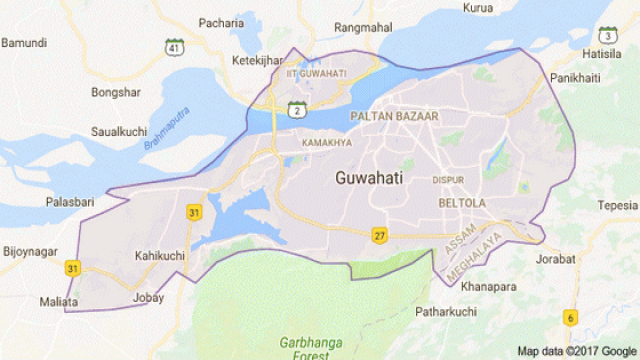LONDON, July 16 (V7N) — As the world grapples with profound transformations in international trade, shifting geopolitical alliances, and sweeping technological disruption, most nations are struggling to adapt. However, Switzerland has emerged as a notable exception, maintaining a remarkably stable and resilient economy over the past quarter century.
According to global economic analyses that take into account metrics such as GDP growth, inflation control, unemployment levels, public debt, and current account balances, Switzerland ranks among the best-performing nations. In fact, only Singapore surpasses Switzerland in overall macroeconomic performance. Switzerland notably outpaces all other advanced economies, including those in the G7 and EU, reinforcing its reputation for disciplined fiscal management, political neutrality, and innovation-driven growth.
Experts attribute Switzerland’s long-standing economic strength to its diversified economy, robust financial sector, political stability, and high investment in education and research. The country’s conservative monetary policy, largely shaped by the Swiss National Bank, has played a pivotal role in keeping inflation low, even during global financial turbulence.
Moreover, Switzerland’s commitment to maintaining low levels of public debt and its strong currency—the Swiss franc—have bolstered investor confidence. While other developed nations face rising budget deficits and volatile markets, Switzerland has remained a safe haven for both capital and strategic policymaking.
Despite being a small, landlocked country with limited natural resources, Switzerland continues to punch far above its weight on the global stage. Its approach to governance and economic planning is increasingly being cited as a model worth studying—particularly in a time of escalating global uncertainty.
As major economies reevaluate their positions in a rapidly changing world, Switzerland’s quiet consistency offers a compelling case for long-term economic foresight, institutional integrity, and adaptive resilience.
END/WD/SMA/































Comment: